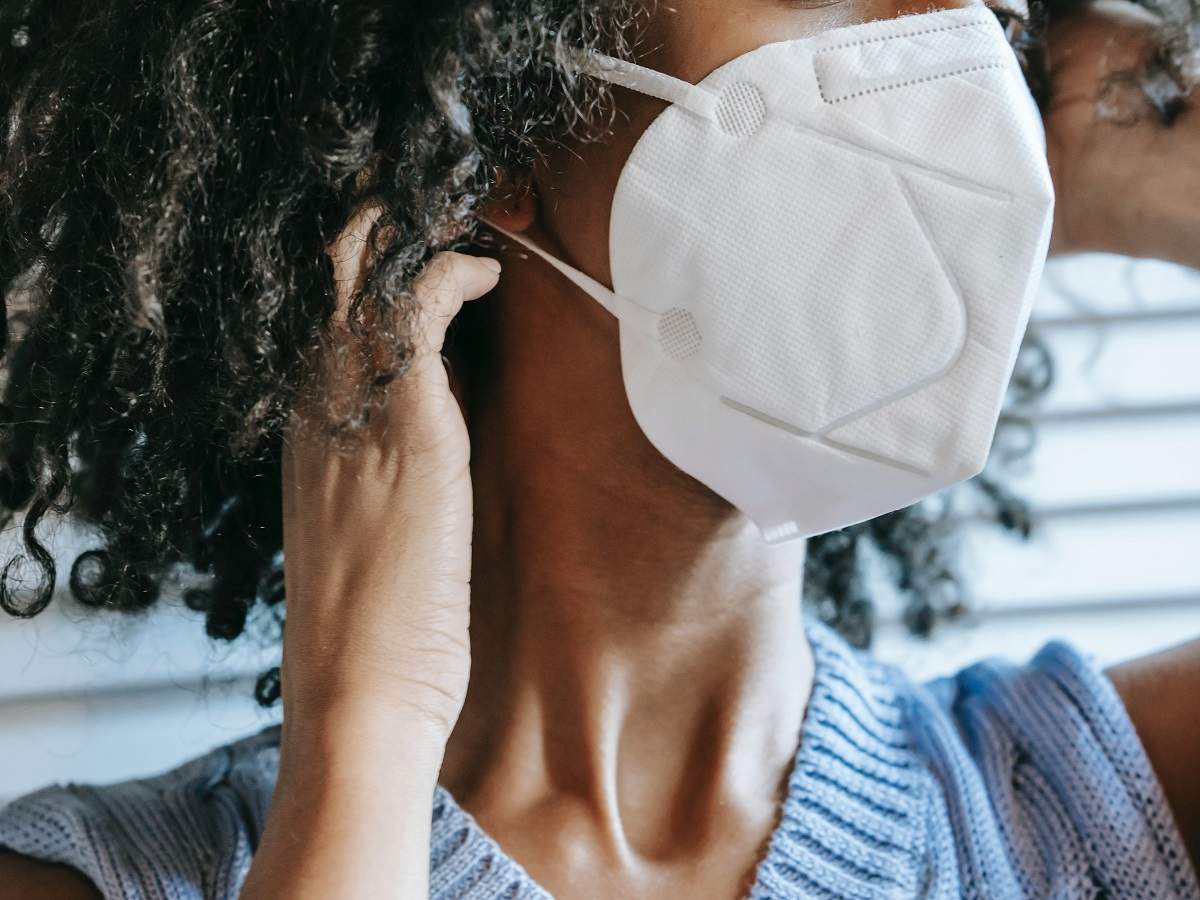
BHUBANESWAR: Odisha will conduct a survey of social and educational conditions of the people belonging to the backward classes even as the Centre will not do it along with the general census-2021, as requested by the state government last month.
The state assembly on Tuesday passed a unanimous resolution in this regard after chief minister Naveen Patnaik moved the resolution. The survey will be conducted by recently-constituted commission for backward classes led by former Orissa high court judge Justice Raghunath Biswal.
Minutes before Naveen moved the resolution, the state assembly also passed the Odisha State Commission for Backward Classes (amendment) bill to empower the commission to conduct the survey. State SC/ST development and backward classes welfare minister Jagannath Saraka moved the bill.
Citing it a historic move, the chief minister said the move will have a transformative impact on the backward classes of the state.
“Formation of Odisha on a linguistic identity served as a model for the states of post independent India. Since then, our state has navigated its path of growth, keeping inclusiveness as its guiding principle. To further accelerate this inclusive growth, it is important to have reliable data about the backward classes of the state,” said Naveen justifying the move.
Emphasizing the need for a survey on social and educational status of backward classes, the chief minister said that his government has no access to any recent data on condition of backward classes as the last caste-based census was done almost 90 years ago in 1931.
“With century-old data in hand, we cannot make an accurate and focused planning to reach out to the backward classes of the society,” said Naveen in the assembly.
On his government’s recent decision moving the Centre for a socio-economic caste enumeration simultaneously along with the forthcoming general census, Naveen said his government has formally moved the Centre on it while his MPs had also raised the issue in both the houses of Parliament. “However, there has been no response,” he added.
Though the UPA-II government had conducted a social economic and caste census in 2011, months after the 2011 census, survey data relating to backward classes was not release. Only part of the data was released by the subsequent NDA government in 2017 to use for identification of beneficiaries for various schemes.
“This has put a serious handicap for giving focused attention towards welfare and empowerment of the backward classes,” said Naveen.
The chief minister further said that even as the then Union home minister Rajnath Singh had in 2017 mentioned about inclusion of backward classes in the Census 2021, it was not done in the latest census format, which has been circulated among states.
Though there has been no official census to enumerate the number of socially and educationally backward classes (SEBC), the backward classes or SEBCs in the state account for around 54 per cent of state’s population, which forms an important segment for any political party. There are around 209 communities identified as SEBCs in the state.
The opposition parties also welcomed the move though they wanted more deliberations on the issue.
The state assembly on Tuesday passed a unanimous resolution in this regard after chief minister Naveen Patnaik moved the resolution. The survey will be conducted by recently-constituted commission for backward classes led by former Orissa high court judge Justice Raghunath Biswal.
Minutes before Naveen moved the resolution, the state assembly also passed the Odisha State Commission for Backward Classes (amendment) bill to empower the commission to conduct the survey. State SC/ST development and backward classes welfare minister Jagannath Saraka moved the bill.
Citing it a historic move, the chief minister said the move will have a transformative impact on the backward classes of the state.
“Formation of Odisha on a linguistic identity served as a model for the states of post independent India. Since then, our state has navigated its path of growth, keeping inclusiveness as its guiding principle. To further accelerate this inclusive growth, it is important to have reliable data about the backward classes of the state,” said Naveen justifying the move.
Emphasizing the need for a survey on social and educational status of backward classes, the chief minister said that his government has no access to any recent data on condition of backward classes as the last caste-based census was done almost 90 years ago in 1931.
“With century-old data in hand, we cannot make an accurate and focused planning to reach out to the backward classes of the society,” said Naveen in the assembly.
On his government’s recent decision moving the Centre for a socio-economic caste enumeration simultaneously along with the forthcoming general census, Naveen said his government has formally moved the Centre on it while his MPs had also raised the issue in both the houses of Parliament. “However, there has been no response,” he added.
Though the UPA-II government had conducted a social economic and caste census in 2011, months after the 2011 census, survey data relating to backward classes was not release. Only part of the data was released by the subsequent NDA government in 2017 to use for identification of beneficiaries for various schemes.
“This has put a serious handicap for giving focused attention towards welfare and empowerment of the backward classes,” said Naveen.
The chief minister further said that even as the then Union home minister Rajnath Singh had in 2017 mentioned about inclusion of backward classes in the Census 2021, it was not done in the latest census format, which has been circulated among states.
Though there has been no official census to enumerate the number of socially and educationally backward classes (SEBC), the backward classes or SEBCs in the state account for around 54 per cent of state’s population, which forms an important segment for any political party. There are around 209 communities identified as SEBCs in the state.
The opposition parties also welcomed the move though they wanted more deliberations on the issue.
Trending Topics
LATEST VIDEOS
More from TOI
Navbharat Times
Featured Today in Travel
Get the app







